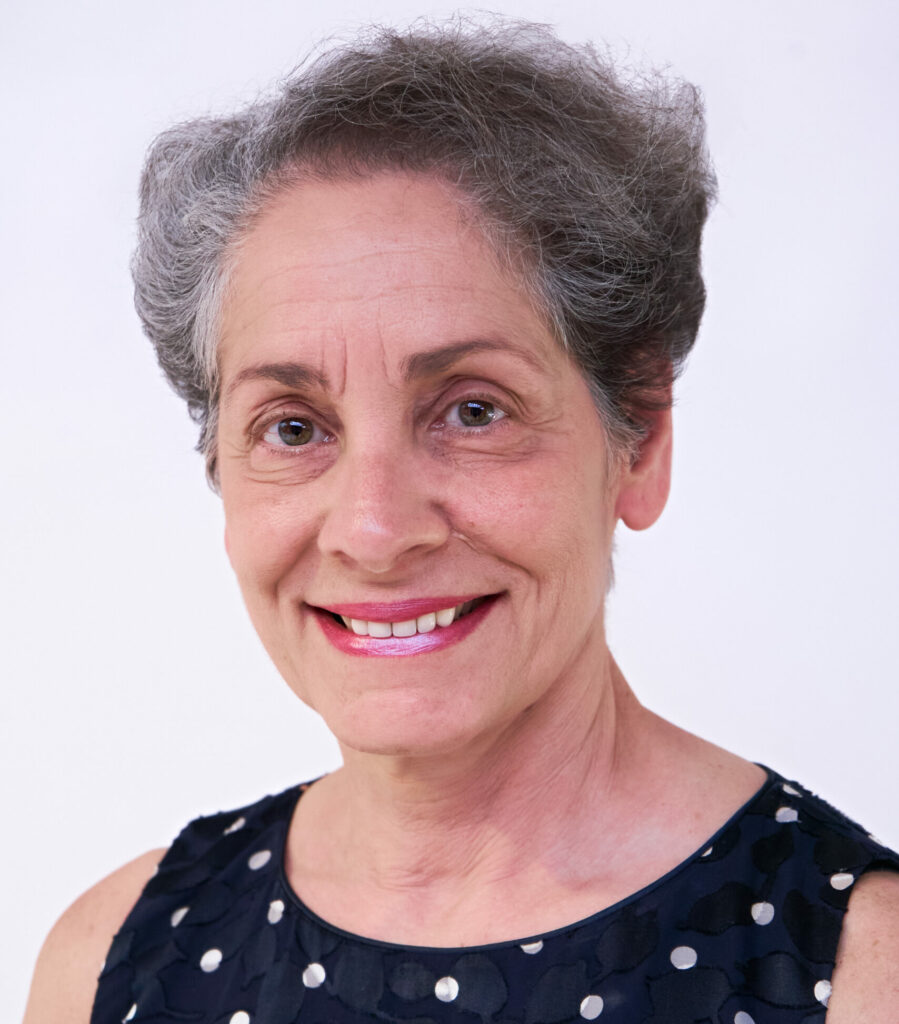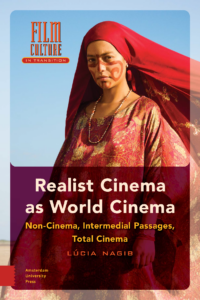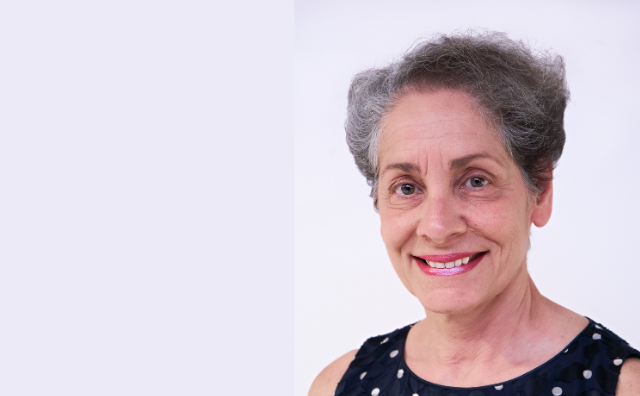Lúcia Nagib, Professor in Film in the Department of Film, Theatre & Television (FTT), University of Reading, and Honorary Professor at the University of Nottingham in Ningbo, China, has just been elected a Fellow of the British Academy.

This is a mark of distinction that recognises her world-leading work in the field of Film Studies, and she joins a cohort of Fellows from a range of creative and cultural disciplines.
Professor Nagib joins a community of more than 1,600 distinguished intellectuals, including the classicist Professor Dame Mary Beard, the historian Professor Rana Mitter and philosopher Professor Baroness Onora O’Neill, as well as Reading’s Professor of Classics, Ian Rutherford, also elected in 2023. Professor Jonathan Bignell, Research Division Lead for FTT, said:
“We are delighted that our highly-valued colleague Lúcia has been chosen for this Fellowship, celebrating her pioneering work and confirming Reading’s historic role as an innovator in UK Film Studies.”
Lúcia established her reputation in the international Film Studies community for her ground-breaking work on World Cinema, in which she questions conventional distinctions between dominant Western cinemas and “the rest of the world”, and where she uses the concept of Realism to deconstruct the boundaries between “mainstream” and “alternative” cinema.
In 2011, Lúcia published World Cinema and the Ethics of Realism (Bloomsbury) in which she set out the approach that has shaped this research area. She followed up with the book Theorizing World Cinema, co-edited with Chris Perriam and Rajinder Dudrah (I.B. Tauris, 2012). Her interests in how film can identify and create real-world change then led her to consider cinema’s relationships with other arts – its “intermediality”. In 2014, with Anne Jerslev, she published Impure Cinema: Intermedial and Intercultural Approaches to Film (I.B. Tauris) and inaugurated a strand of field-defining research on intermediality.
Lúcia created and led the project “Towards an Intermedial History of Brazilian Cinema: Exploring Intermediality as a Historiographic Method” (2015-19), funded jointly by the UK’s Arts and Humanities Research Council (AHRC) and the Brazilian agency FAPESP. With Luciana Araújo and Tiago DeLuca, she edited the book-length study based on the project, Towards an Intermedial History of Brazilian Cinema, published by Edinburgh University Press in 2022.
Her Open Access monograph, Realist Cinema as World Cinema: Non-cinema, Intermedial Passages, Total Cinema (University of Amsterdam Press, 2020) was another of the major outputs of the project, and among the many other results was the dossier she co-edited with Stefan Solomon, Intermediality in Brazilian Cinema: The Case of Tropicália, in the leading film journal Screen (vol. 60, no.1) (2019).

The most recent book ensuing from the project is The Moving Form of Film: Historicising the Medium through Other Media (Oxford University Press, 2023), co-edited by Lúcia with Stefan Solomon. Altogether the project team produced 135 publications; conducted 160 public engagement activities (including shows at Tate Modern in London, and in Cultural Centres in Brazil); made 13 creative products and received 29 awards and recognitions.
Lúcia’s feature-length documentary film Passages: Travelling in and out of Film Through Brazilian Geography (2019) was written by her and co-directed by her and Brazilian colleague Samuel Paiva. The film was funded by, and was another major outcome of, the IntermIdia research project. The film extended Lúcia’s scholarship from traditional academic publication into to Practice-as-research, a methodology in which practical creative work is a means to test out critical ideas, and an area of Film Studies in which Reading is a pioneer. The film includes interviews with leading and ground-breaking filmmakers who use film’s intermedial nature to stimulate change. It won the prize for Best International Documentary at the 13th Los Angeles Brazilian Film Festival in 2020 and was screened at international film festivals in Rotterdam, Gothenburg, São Paulo and at other major events.
As this brief account of some of her career highlights suggests, many of Lúcia’s research innovations have been collaborative and have offered opportunities for other scholars to join her in major international projects. On the IntermIdia project, for example, Lúcia led a team of staff working at Reading and also at the Federal University of São Carlos in Brazil. There were another three academic investigators at Reading (Prof. John Gibbs, Dr Alison Butler and Prof. Lisa Purse) and four investigators at São Carlos (Lúciana Araújo, Samuel Paiva, Suzana Reck Miranda and Flávia Cesarino Costa).
As part of this collaborative ethos, Lúcia has been closely involved in setting up networks and structures that have developed the careers of more junior colleagues and students. She has a long and active track-record of supervision of research by Masters and PhD students, as well as working with postdoctoral and early-career researchers, who have often come to the UK from overseas to work with her. The IntermIdia project employed four postdoctoral researchers, three of whom were based at Reading (Albert Elduque, Stefan Solomon and Tamara Courage); and one at São Carlos, Margarida Adamatti. Each of the researchers has gone on to a permanent academic position.
In 2014, Lúcia set up and became the first Director of the Centre for Film Aesthetics and Cultures at Reading. The Centre has been a catalyst for film and screen scholarship across the University and has made links with leading Film scholars and students across the world. Its distinguished visitors and invited speakers have included some of the most important film scholars, philosophers and filmmakers in the world, such as Jacques Rancière, Thomas Elsaesser, Dudley Andrew, Alain Badiou, Laura Mulvey, Mary Ann Doane, Timothy Corrigan, Robert Stam, Stephanie Donald, Walter Salles, Fernando Meirelles, Ágnes Pethő, Xiaolu Guo, Haiping Yan and Wu Wengwang.
The British Academy Fellowship marks the esteem in which Professor Nagib is held by her peers, her colleagues and collaborators, and her students. Her energetic and innovative work in developing her field, creating networks and new opportunities has been evident both within the University and in the wider scholarly community. A full list of Lúcia’s published work and links to her many collaborative projects and leadership roles can be found on her web page, https://www.reading.ac.uk/film-theatre-television/staff/professor-lucia-nagib.
Jonathan Bignell

